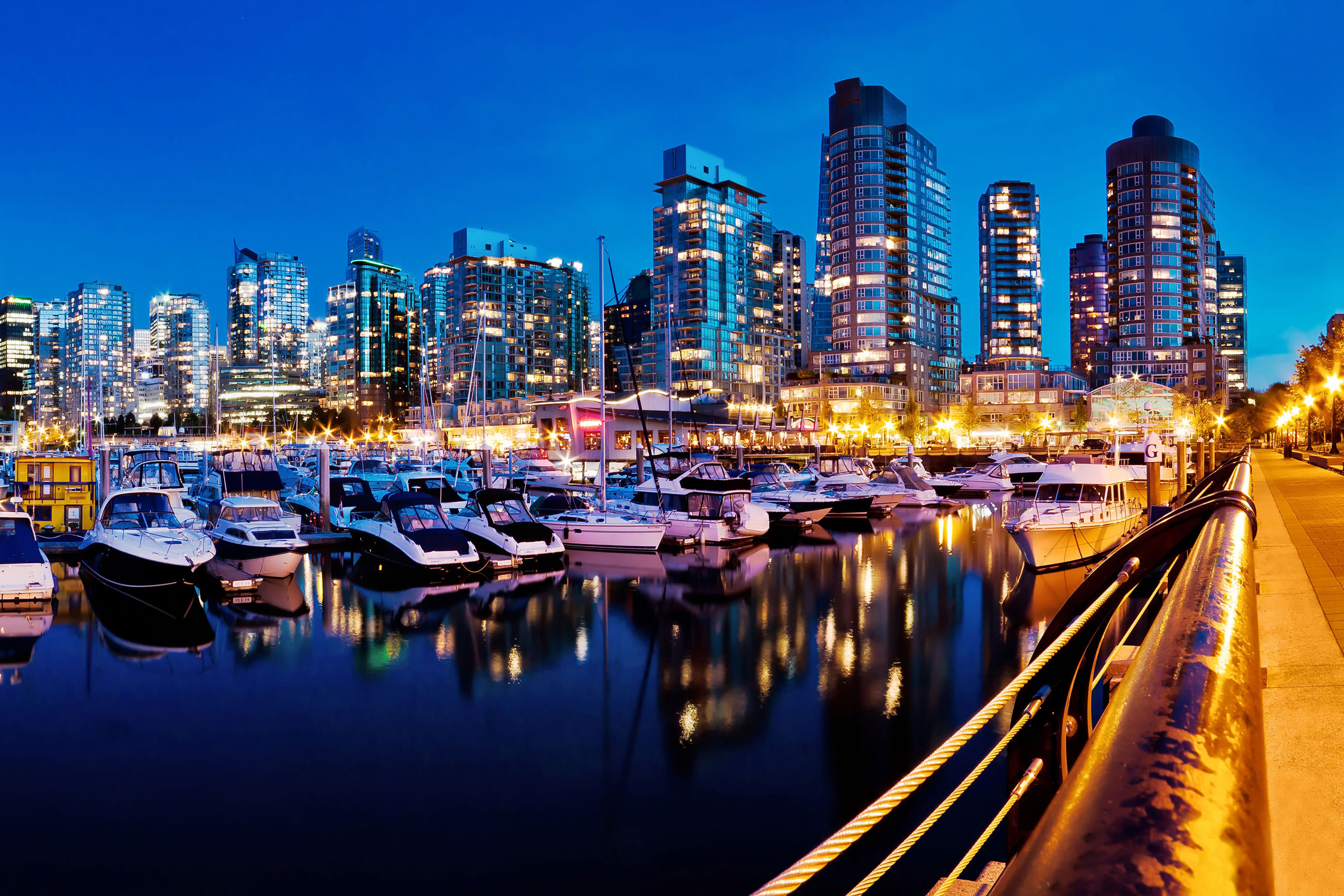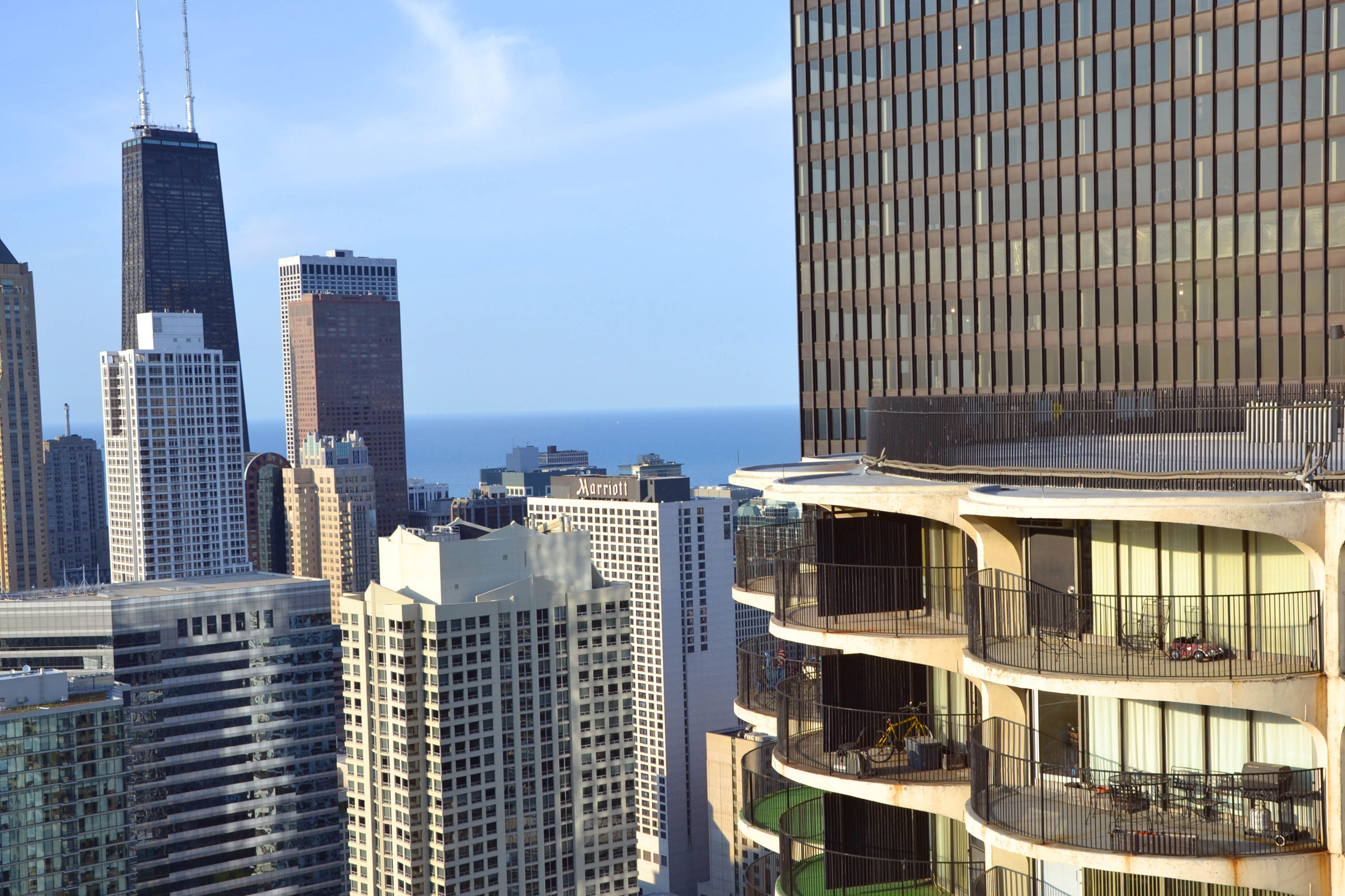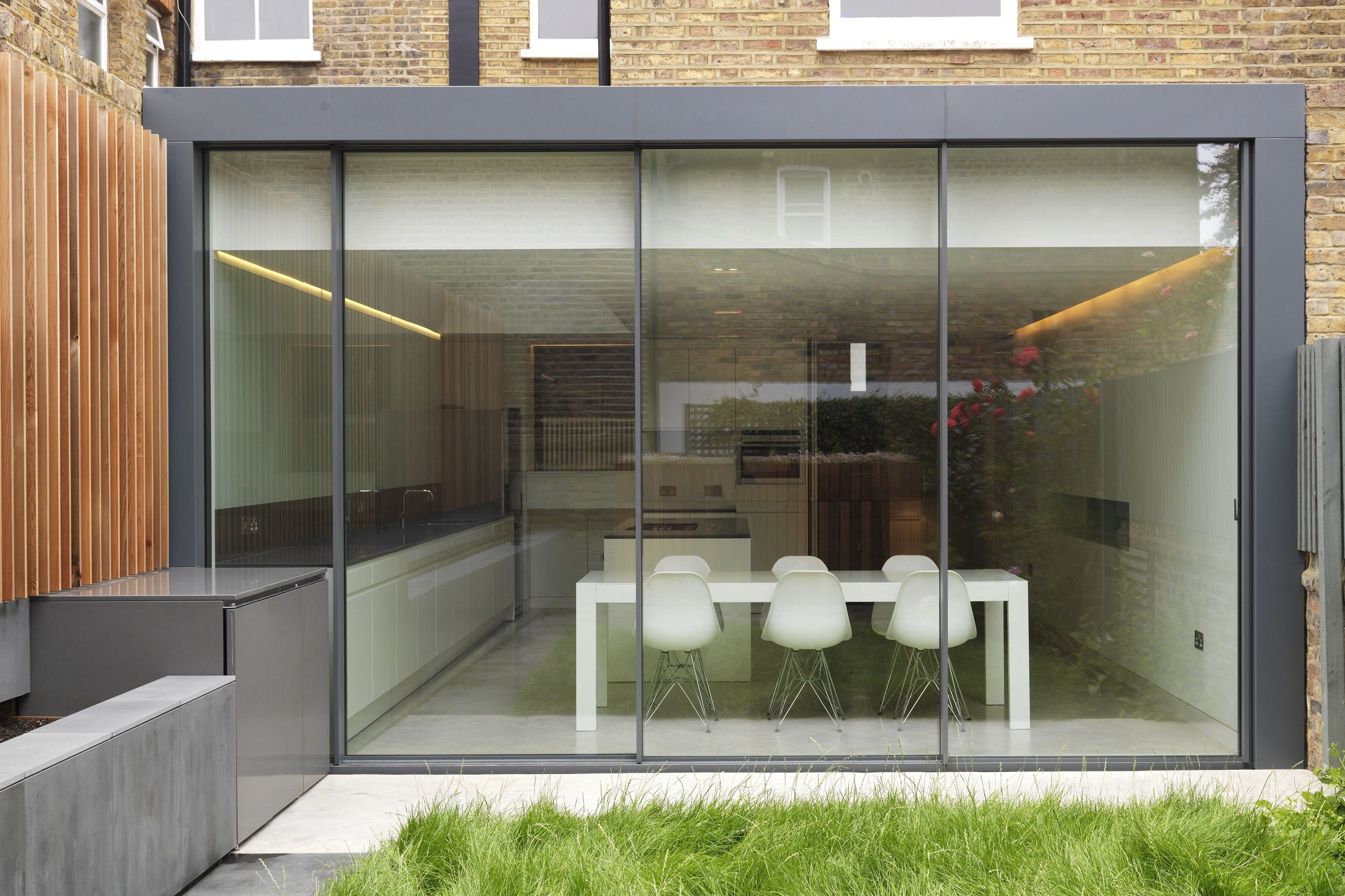
Round-Up: Light Pollution
At the start of the year, we released a three-part series about light pollution. We broke down all the details about what the term ‘light pollution’ really means, how light pollution is created, and what some options are for solving this complex issue. Here is an annotated list of the three articles, we hope you will take the time to click through them and learn about this interesting and relevant issue.
Part One: What Is Light Pollution?
Light Pollution can mean different things to different people. It can mean how natural light from our atmosphere is drowned out by artificial light from our cities. It can also refer to artificial light that causes changes to our natural biological rhythms in our daily life. In this series we are going to give you the inside story on light pollution, and how you can use our natural hard wiring to create productive and happy employees.
Part Two: Sources of Light Pollution
Light pollution can mean visible light disruptions from a flooding of too much man-made light (as in the example of the city lights); it can also mean a lack of light – again, city lights take away a form of natural illumination and replace it with an artificial means; and it can also mean changes to light that cannot be seen. Light that cannot be seen is found on the radio-wave spectrum.
Part Three: Solutions
Light pollution is excessive, misdirected or misused light that can harm human health, wildlife, ecosystems, and astronomy. Although light pollution is one of the least known types of pollution, its effects on human health and ecosystems can be just as serious as some of the better-known forms of pollution. Solutions seem complicated or out of reach, but that simply isn’t so. Let’s look at what we can do right here.










